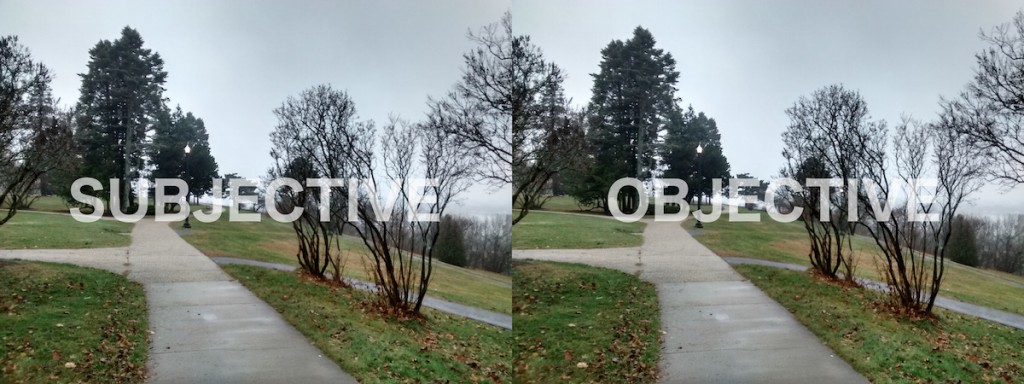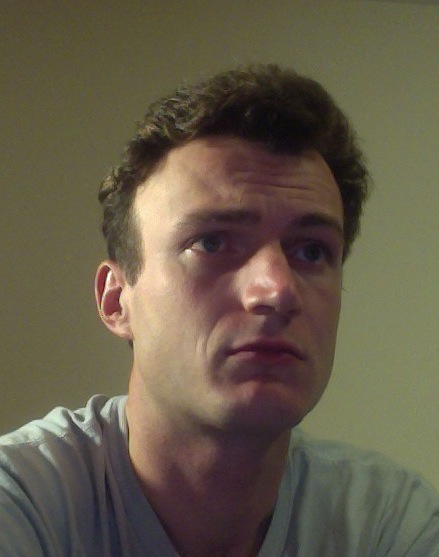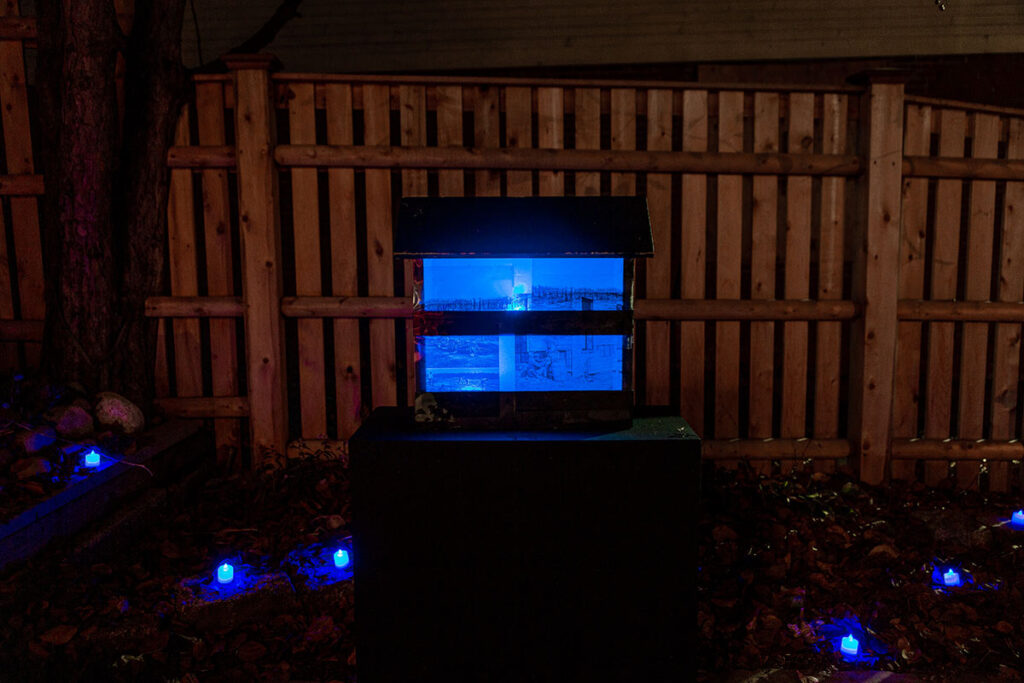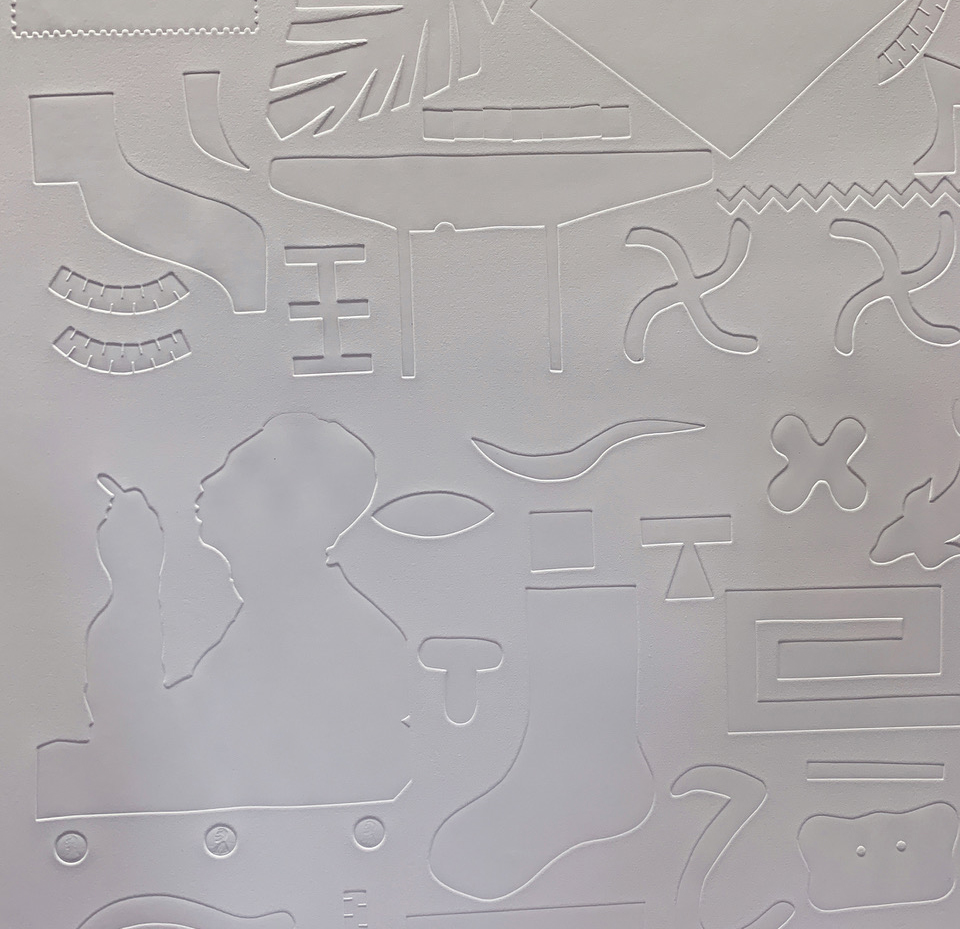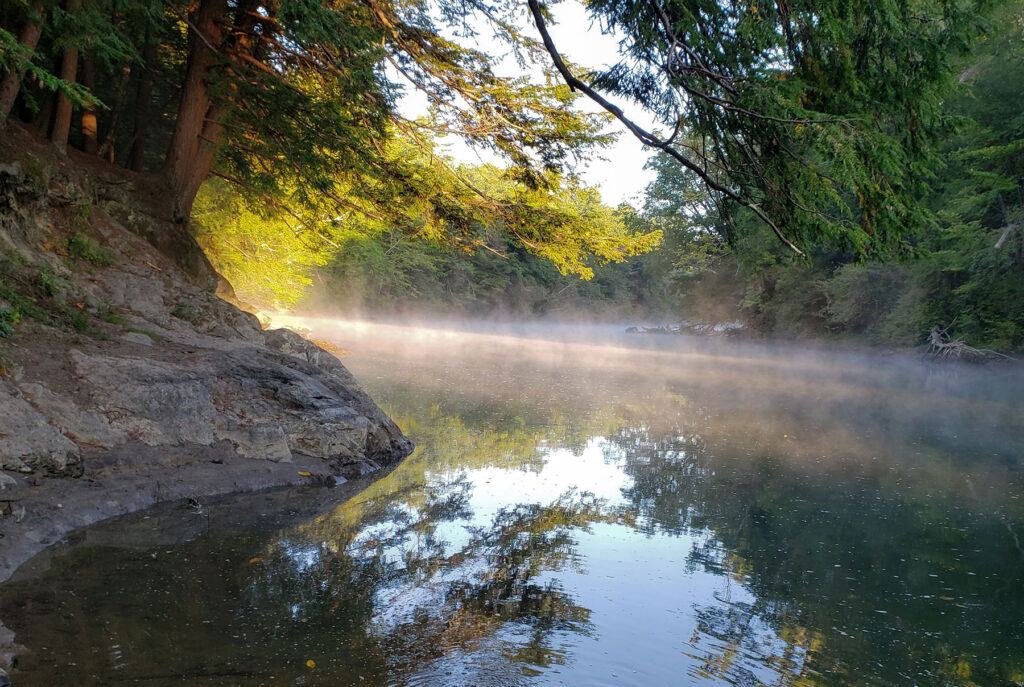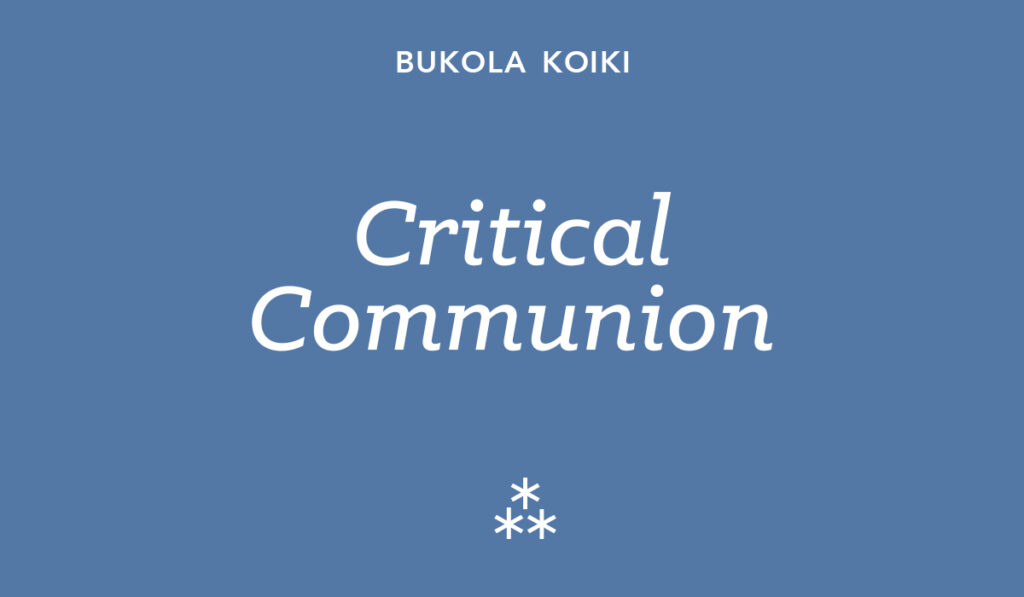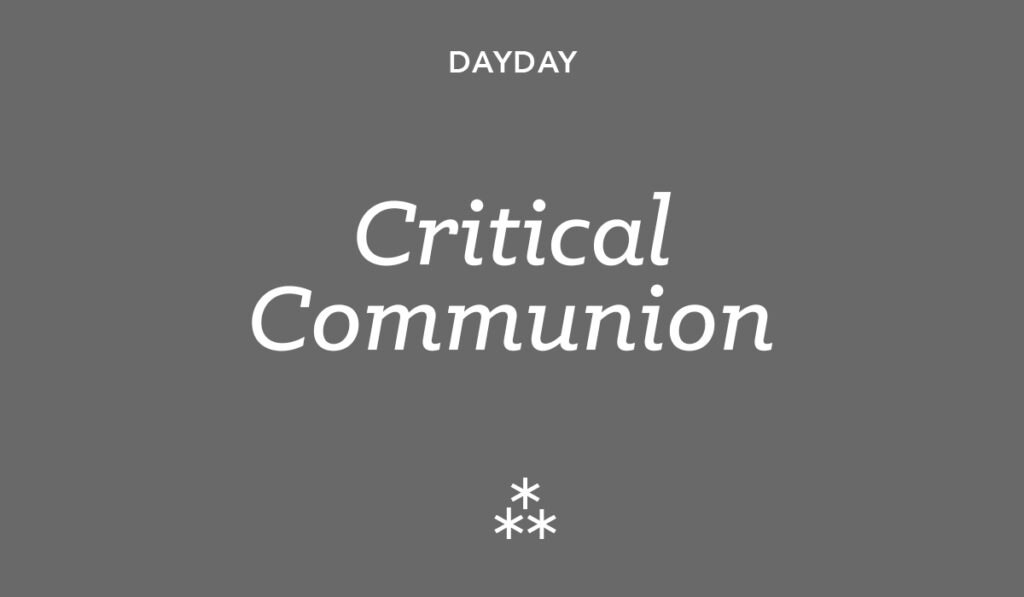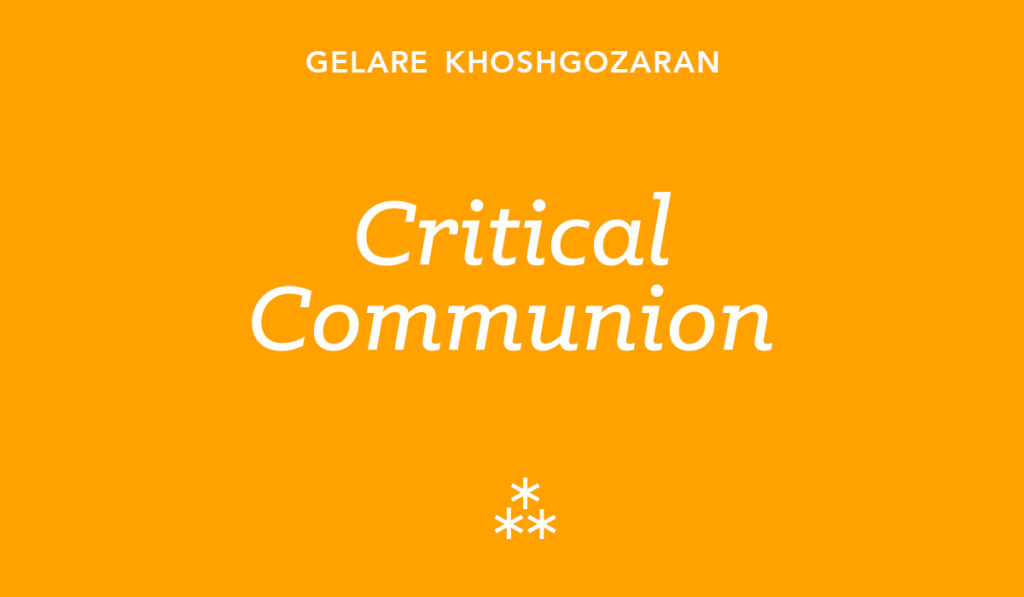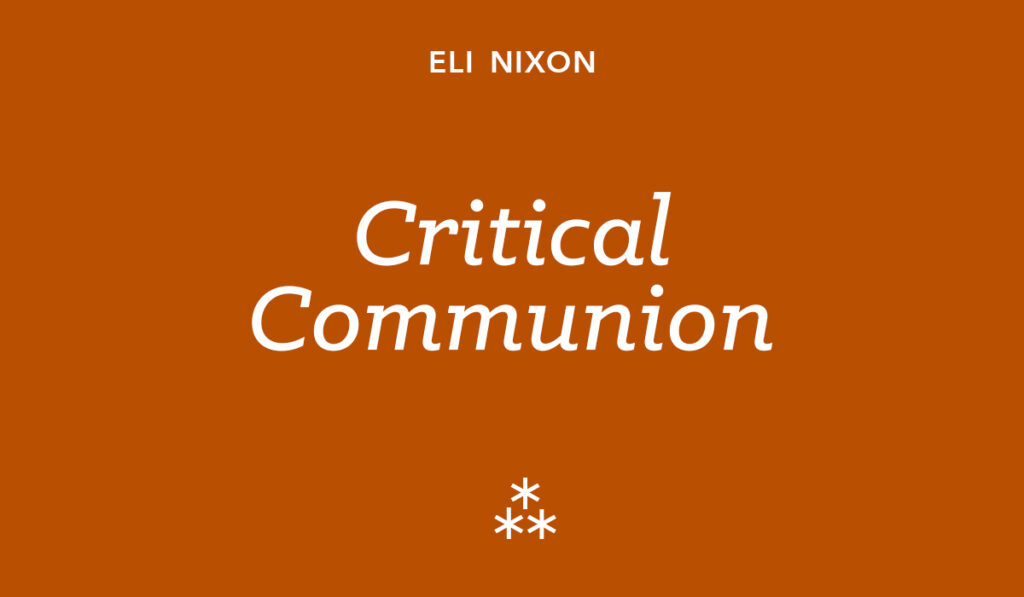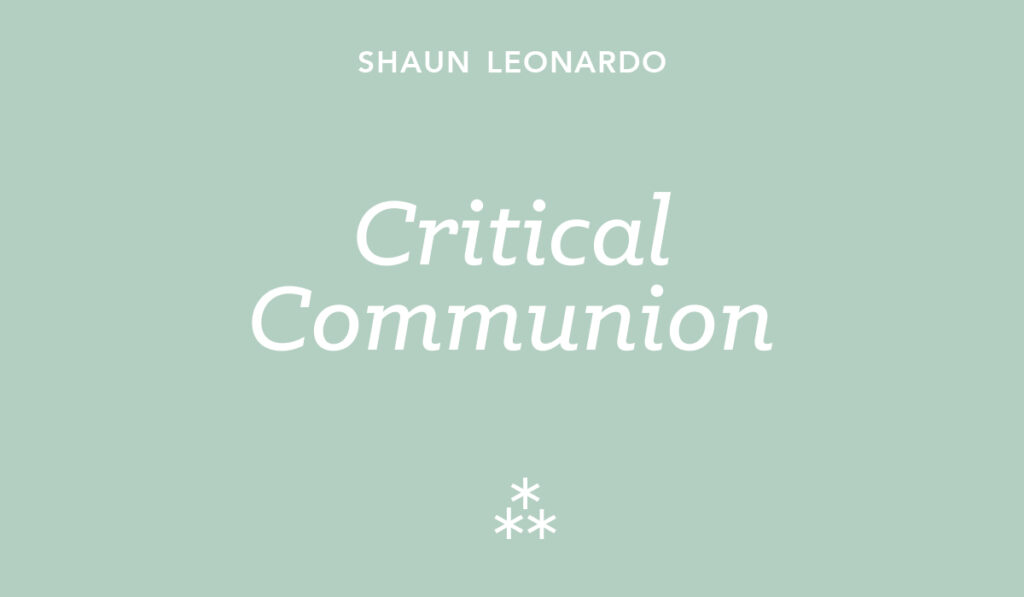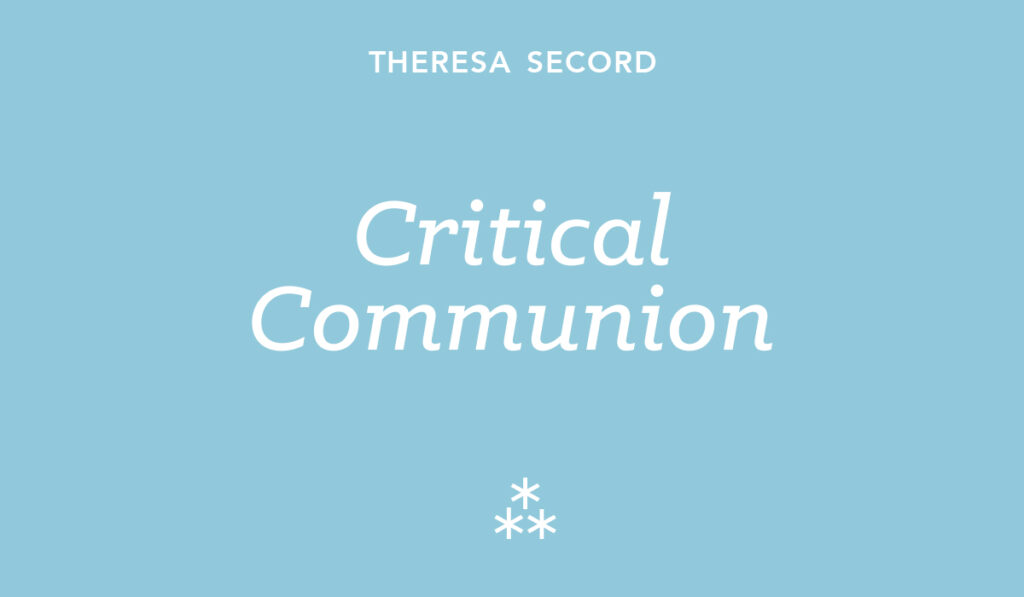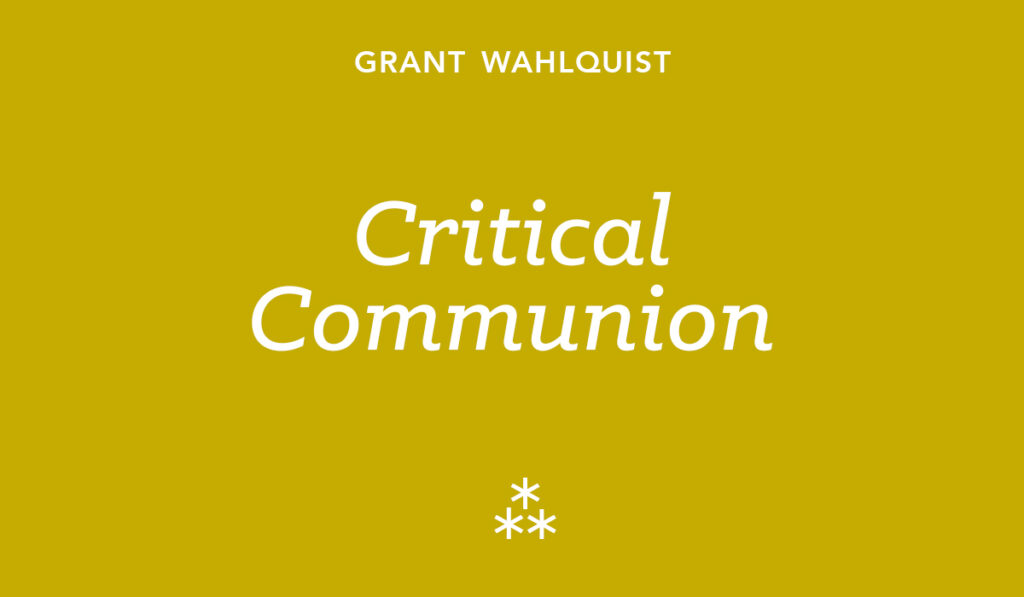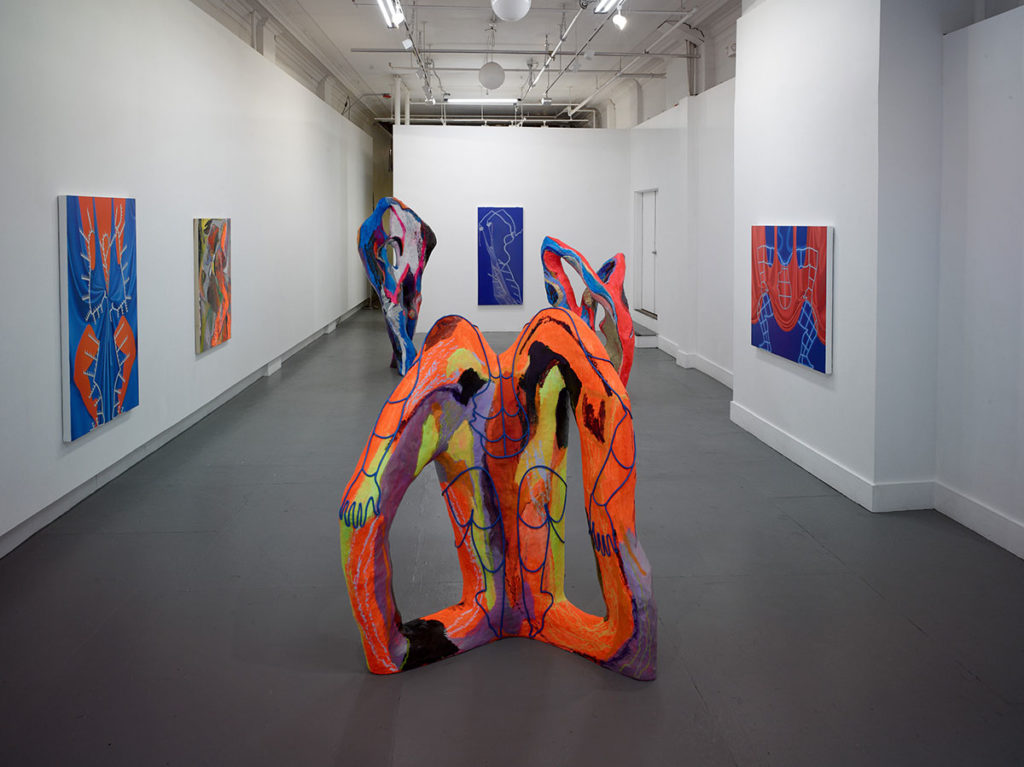by Skye Priestley
Generally speaking, every time period produces its own philosophical movement through which the peculiar anxieties and social problems of the age find their expression in a diffuse but also compact metaphysics, a system of thought whose components are all contemporaneous and relational though they may vary widely in specific expression. Whether this metaphysical model is entirely original or a pastiche of earlier philosophical ideas combined in a novel manner, the resulting mix forms a sort of intellectual zeitgeist through which one can view both the world and the self and by which, in retrospect, each historical period comes to be colored. If I were to put this tendency in pop cultural terms, it might be the voiceover that accompanies one of those films of explicitly American nostalgia in which the protagonist describes the cultural milieu of their latter high school years, when so-and-so was on the radio and some-such important political milestone had just occurred. These events or cultural figures serve as markers that, together, constitute the feeling of an era in our memory. This is no less true for philosophy than it is for art, and, as the two often intersect, one might imagine them as the paired triceratops and tyrannosaur which, unearthed in the cultural strata, embody the romantic, the modern, the post-war, and so on. It would appear that now — now being the years roughly following the financial crash of 2007 — the philosophical movement that has garnered the greatest attention and engaged most thoroughly with the present culture is speculative realism. I’d like to, if possible, explore the basic components of speculative realist thought, and also to tie them, however haphazardly, to the logos of current cultural production in Maine.
The main thrust of speculative realist philosophy occurs in a rejection of earlier philosophical notions, probably originating as far back as Descartes, but located by the speculative realists themselves in opposition to Kant’s description of the noumena, an unknowable realm of real objects outside of human comprehension. The rich philosophical products of Kant’s Copernican revolution, that is, the assertion of the primacy of the mind and its interactions, become secondary to the speculative realists, for whom an ontological truth of objects holds pride of place. The philosophies of the 20th century, which have dealt exhaustively with the linguistic, the cultural and the subjective, are viewed as somewhat backwards. This is a consequence of their dismissal of science and the natural world in favor of a focus on and investigation of the human-centered qualities of being. In short, speculative realism seeks to refute what it views as the anthropocentric and idealist philosophical notions of the past century, including (but not limited to) phenomenology, deconstruction and postmodernism, in favor of a new speculation about a permanent and objective reality, often focused upon objects themselves, to which humans must adapt.1 Enter climate change, stage left.
What does this have to do with art in Maine? That depends. While it’s not difficult to establish links between speculative realism and artworks, or speculative realism and indigenous spiritual practices (the importance of non-human actors in various Native American cultures, Shintoism, etc.2) or speculative realism and contemporary political action, it is difficult to determine whether the cultural production of Maine (critical texts, artworks, expressions of political discontent) is any better aligned with speculative realism than it is with any of the fashionable philosophical systems that have preceded it. Certainly there has been an abundance of art created recently in Maine on the subject of climate change.3 But speculative realism is not just an emphasis on environmental issues, although it may gather some of its momentum from the looming environmental disaster. (The journal best known for publishing speculative realist work enjoys the intimidating title of Collapse.) Indeed, some of the energy for speculative realism seems to have been gathered from a sputtering Marxism which, in a gradual acknowledgment of the irrelevancy of non-market-oriented economic positions, has increasingly shifted its critique to cultural rather than political matters.4 This, in turn, has opened up the possibility of imagining a new system of politics and philosophy that might exist, if not in direct opposition to capitalism, then at least in a state of sustained tension.5 Wary of the demise of modernist Utopian programs, speculative realists insist that their metaphysics is exactly non-idealistic, at least in so far as it finds its genesis in the supposedly hard facts of an objective and scientific reality (though without lapsing into postivism!).6 I must be forgiven, then, for insisting that the speculative realists seem united in a sort of cautious optimism, albeit one whose political formulations are not much more developed than the brief and resolutely guarded phrase: “yet much work remains to be done in this field.”7
That is to say that Maine art absolutely can fit into a speculative realist rubric, given the general ambiguity of the latter, but it will require a bit of footwork. What’s lacking in Maine isn’t great art; it’s quite clear from the recent Biennial (among other things) that we have plenty of that. But if Maine artists, curators, and critics don’t engage in the intellectual labor of connecting this art to speculative realism at a conceptual level, then works of art in Maine will remain perpetually excellent yet frustratingly uninterpreted, while speculative realism itself will remain a sequestered jewel. In bringing the two together there exists the possibility, however remote, of mapping the larger international world of artistic and philosophical movements onto a set of local artifacts and processes, thereby coming to a greater understanding of how the two are presently interacting. It is not possible, as some might hope, to cordon Maine art off from the increasingly imminent forces of globalization, but it is possible to understand and interpret the intersection between the local and the global in a manner that both preserves and enhances art here today.
I do not, however, mean that the Maine critical apparatus can simply wave its magic wand and unite a diasporic model of artistic production that seems to be the regional modus operandi. It is precisely this personal, modernist, and idealist model of artistic production, a model in which the individual embarks on an intensely subjective quest of psychological and cultural investigation, that object oriented philosophies must come into conflict with. In a way, speculative realism is very timely, since regional production is due for a reexamination. Maine artists seem to have adopted a modernist mode of investigation more for reasons of expediency than because it is particularly well-suited to the facts (geographic, social, etc.) of our state. As a result there has been produced a great mass of cultural data (namely artworks), each portion of which can only be understood as existing autonomously. This is a consequence of the fact that neither the artist nor the critic has taken the time to understand them in relation to the other artworks, cultural markers and, of course, the objects that surround them.
- Levi Bryant, Nick Srnicek and Graham Harman, ed., Towards a Speculative Philosophy (Melbourne: re.press, 2011), 4. ↩
- The personification of non-human entities amongst the Greeks might provide a conundrum for the Speculative Realists, as an action that is both object-oriented and anthropocentric. ↩
- SPACE Gallery’s Waterfront Visions 2050 of 2013 and the more recent USM project Envisioning Change come to mind. ↩
- Frederic Jameson, Postmodernism, or, the Cultural Logic of Late Capitalism (Durham: Duke University Press, 1991), 263. ↩
- I’m not inclined to take seriously here Andrew Cole’s characterization of object oriented ontology as “a vehicle for an anti-Left, if not outright conservative, politics”. See: Andrew Cole, “Object Lesson,” ArtForum, September 2015, 40. In fact, politically speaking speculative realist thought can be quite redundant, an observation readily proved by the parallelism between Nick Srnicek’s essay, “Capitalism and the Non-Philosophical”, and Frederic Jameson’s description of the collapse of critical distance in late capitalism from his textbook work of postmodernist theory written nearly thirty years prior. In short, speculative realist politics may be comfortably Leftist and unoriginal. See: Bryant et al., Speculative Philosophy, 174-176.; Jameson, Postmodernism, 48-49. ↩
- Bryant et al., Speculative Philosophy, 17. ↩
- Ibid., 16. ↩
Skye Priestley is an artist, poet and critic living in Portland. He likes to play soccer and ride his bike. You can find some of his writing and artwork at sjpriest.wordpress.com.

